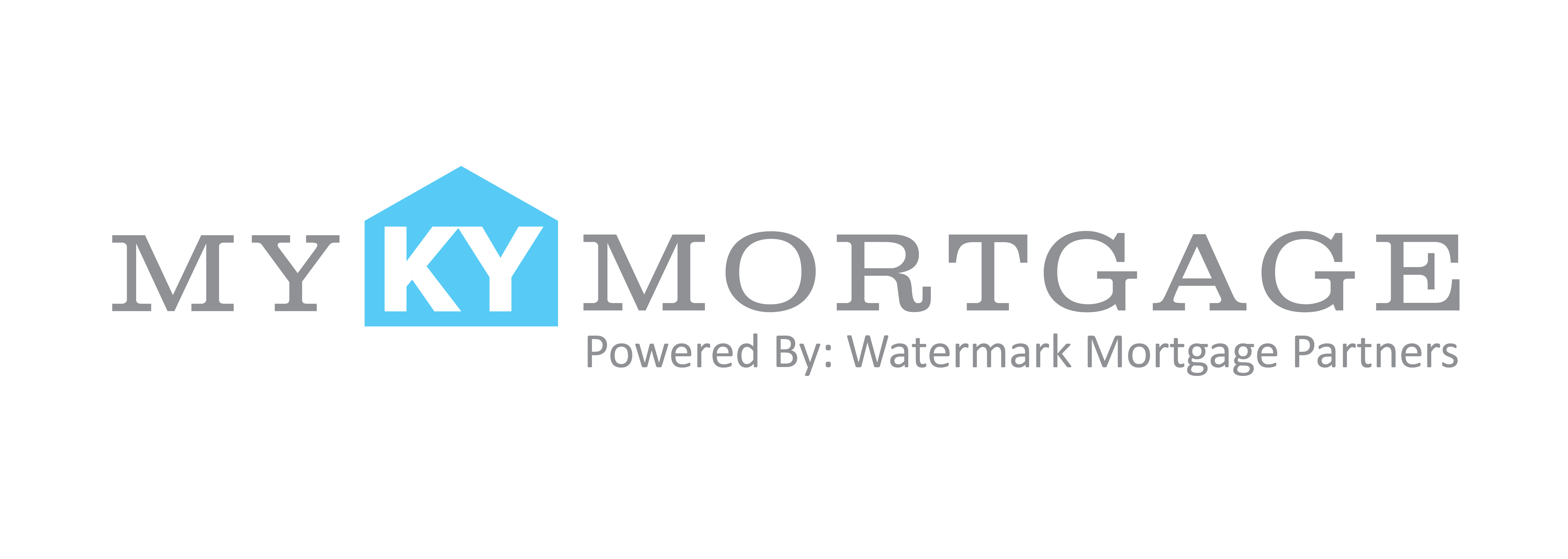If you’ve decided to purchase a home, visiting open houses is a crucial part of the process. However, launching straight into the search without preparing properly could land you in trouble—both financially and emotionally. Here, realtor.com explains how to lay the proper groundwork to guarantee good decisions—and a home you’ll adore.
1. Make sure your credit is in order
A poor credit score can lead to a higher interest rate, and by extension, a higher monthly payment. Dings on your credit (such as an old debt that’s been turned over to a collection agency or a high credit card balance) can even prevent you from buying a home. Not knowing exactly what your credit score is can set you back, with a difference even of 10 points making a significant difference in your loan product. So, before you begin your house hunt, pull your credit report (AnnualCreditReport.com is a reputable and free service) and address any problems dragging down your score.
2. Get pre-approved
Before setting foot in a home, get pre-approved. This is not a simple pre-qualification; a pre-approval uncovers exactly how much house you can afford and is an essential component of a successful offer letter. Without it, your offer means nothing. You’ll also want to ask your lender to review your finances thoroughly to point out any concerns.
3. Make a list of your must-haves
Once you get pre-approved, you can start browsing home listings. Make sure to take extensive notes of everything you love: Do you want to be in a specific school district? Are you eager for an en-suite master bath? Is a basement a must-have? Next, pick your absolute top three and hold firm on those. If you have this list prepared and in hand when you visit your first home with your agent, you won’t be prone to making impulsive decisions based on your gut, or getting starry-eyed over gorgeous architectural details that don’t actually meet your needs.
4. Review a residential purchase agreement
Home buying involves a flurry of paperwork, and you should understand what you’ll be signing before you’re under pressure. Review a sample residential purchase agreement with your agent beforehand so you can head into the process with your eyes wide open. Sometimes in the home-buying process, especially in a seller’s market, the process can go so quickly that buyers don’t know what they are signing and what the contingencies mean. For example, if you’re selling and buying at the same time, you might want to include a home sale contingency that makes the purchase dependent on successfully selling your own home. Or you might include an inspection contingency, so that you’ll have the option to back out if serious flaws are #
The home-buying process is filled with highs and lows. You might find a home that fits most of your criteria—but misses the mark in one big way. You might be forced to compromise, or move to an area you didn’t expect. Before you dive in, promise yourself to be as flexible as possible. In the end, you may fall in love with the kind of place you never thought you would consider.
6. Explore all of your loan options
First-time home buyers often sign up for a 30-year fixed loan automatically, but sometimes there are other alternatives that might work better for them. For example, if you’re buying a small home or studio, you likely won’t stay for 30 years, so a shorter mortgage term could be useful. Or if you have big pockets but can’t quite afford an all-cash offer and find yourself repeatedly losing in bidding wars, you could opt to delay the financing option, which lets you pay cash upfront for the house—and then get a mortgage for the home after closing.
7. Fill your cash reserves
In addition to having enough money for a down payment in your bank account, you should have an emergency fund that amounts to several months of what the mortgage payments would be. Having this money before you begin the home search will help the loan process—it proves you’re fiscally sound, and it also buffers against any potential surprises once you get the house.


